Scientists have recently discovered a unique bacteria capable of consuming plastic on a large scale. This significant breakthrough could potentially revolutionize the way we handle plastic pollution, one of the most pressing environmental issues of our time.
Understanding Plastic-Eating Bacteria
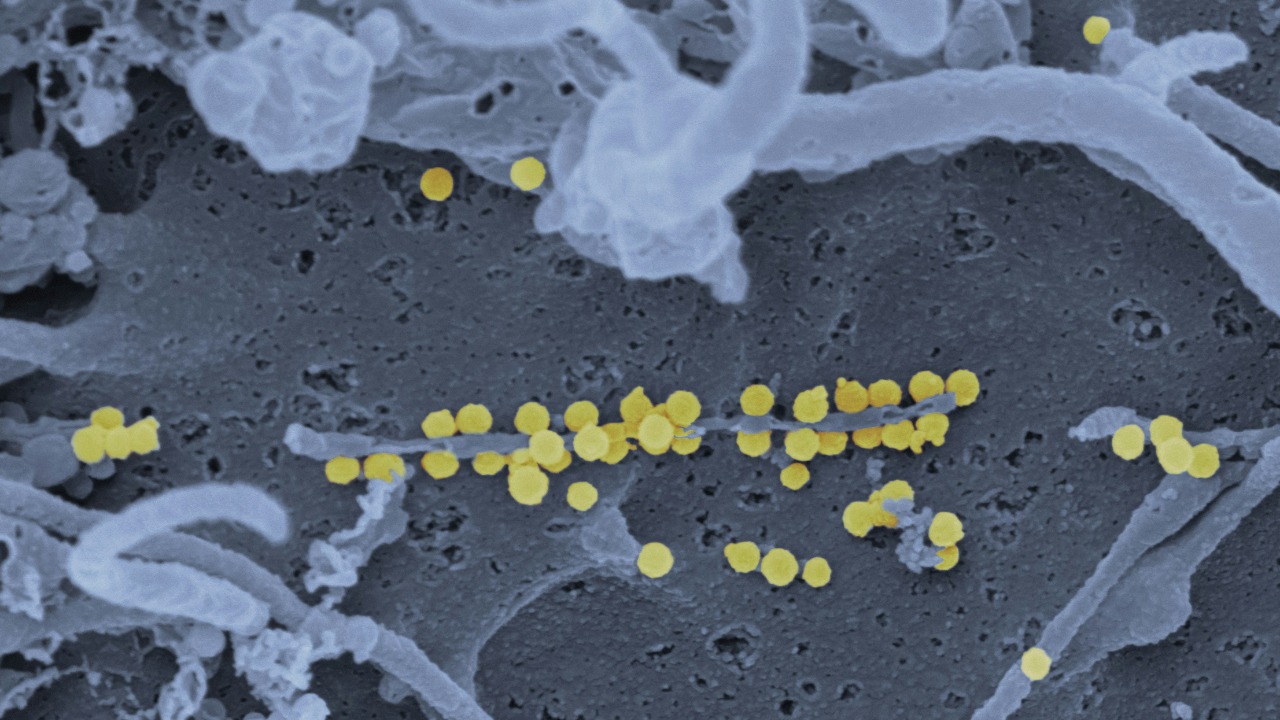
Plastic-eating bacteria are microorganisms that have the ability to break down and consume various types of plastics. These bacteria function by producing enzymes that can degrade plastic materials, effectively converting them into simpler substances. The discovery of these bacteria marks a significant milestone in our fight against plastic pollution, as their unique ability could offer a biological solution to this global issue.
These bacteria can consume a variety of plastics, including polystyrene, a common type of plastic used in packaging and disposable cutlery. For instance, a study revealed that Kenyan lesser mealworm larvae can digest polystyrene, demonstrating the potential of these bacteria in tackling plastic waste.
The Potential Impact on Waste Management
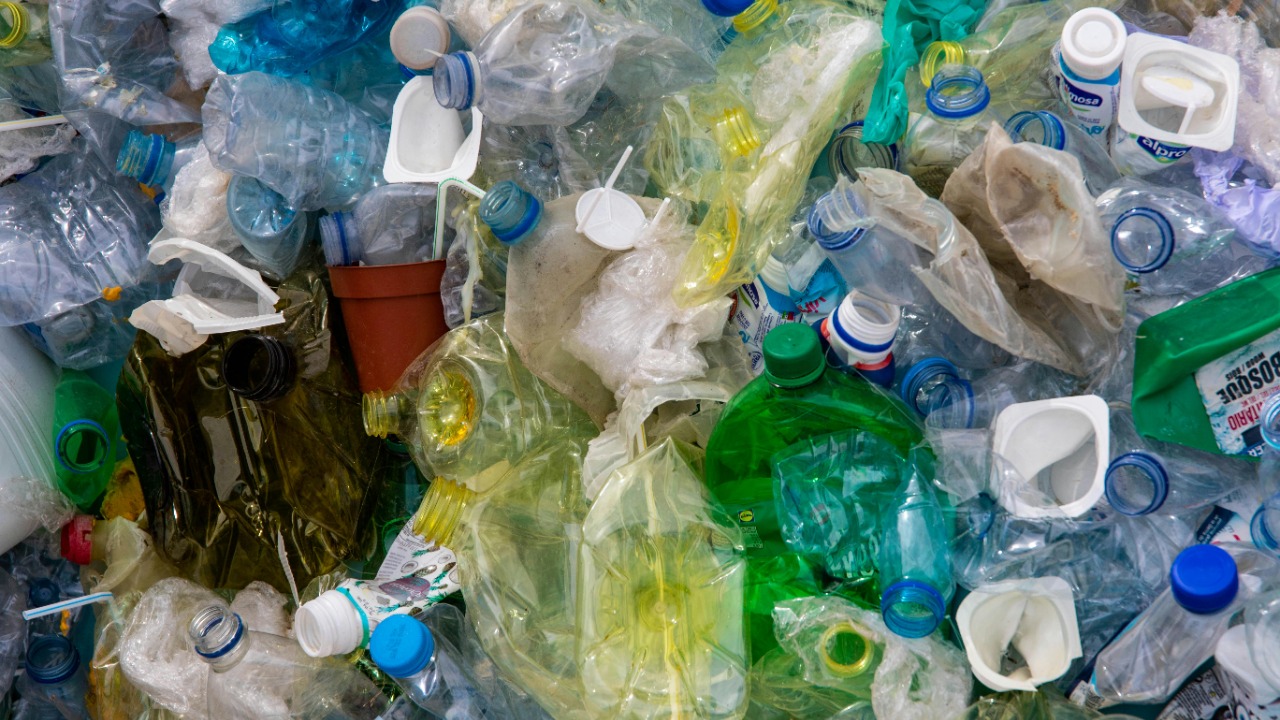
The introduction of plastic-eating bacteria could revolutionize waste management systems. By integrating these bacteria into our waste treatment processes, we could potentially reduce the amount of plastic waste ending up in landfills and oceans. This could significantly decrease the environmental impact of plastic pollution, as these bacteria could help break down plastic waste that would otherwise persist in the environment for hundreds of years.
However, implementing bacteria-based waste management systems is not without challenges. Questions remain about the scalability of these systems and the potential risks associated with releasing genetically modified organisms into the environment. Further research and careful regulation will be necessary to address these concerns.
The Role of Plastic-Eating Bacteria in Recycling
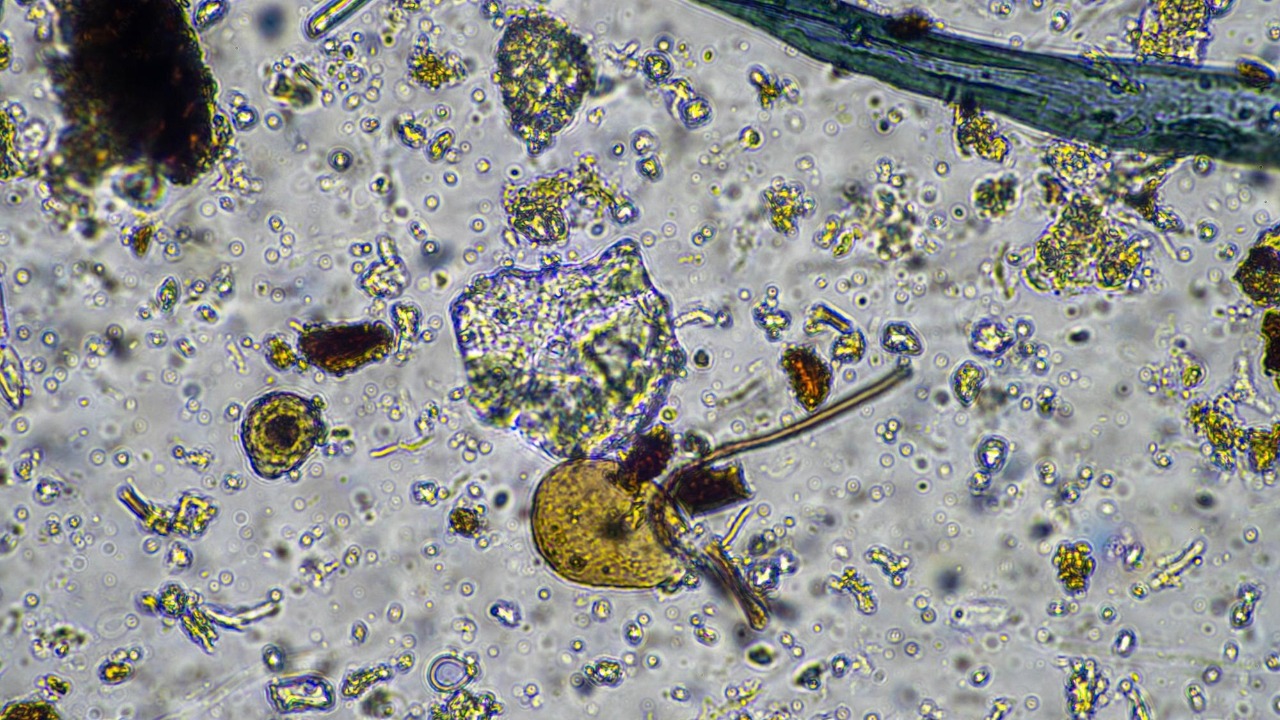
Plastic-eating bacteria could also play a significant role in plastic recycling processes. Enzymes derived from these bacteria could be used to break down plastic waste into its constituent parts, making it easier to recycle. This could make recycling processes more efficient and sustainable, reducing our reliance on virgin plastic materials.
Recent research into the use of enzymes derived from plastic-eating bacteria in recycling has shown promising results. However, further studies are needed to fully understand the potential of these enzymes in industrial-scale recycling operations.
Turning Trash into ‘Plastic Gold’: The Bioplastic Revolution
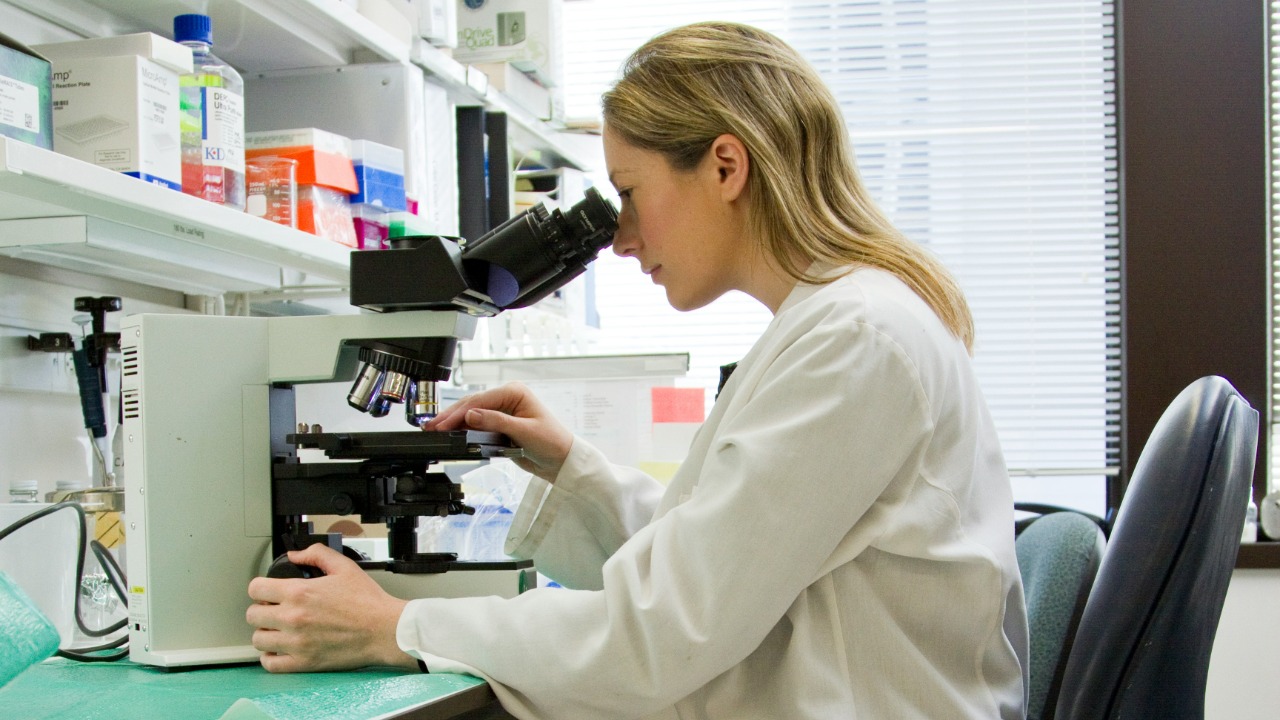
Another exciting development in the field of plastic waste management is the transformation of food waste into bioplastic using bacteria. This process, often referred to as turning trash into ‘plastic gold’, involves using bacteria to convert organic waste into bioplastic, a type of plastic that is biodegradable and has a lower environmental impact than traditional plastics.
Bioplastics offer several environmental benefits over traditional plastics. They are derived from renewable resources, are biodegradable, and can be composted. The potential for bacteria-based bioplastics to contribute to a more sustainable future is significant, as demonstrated by a recent study that unveiled a method for transforming food waste into bioplastic and powerful organic fertilizer.
Global Efforts and Future Developments
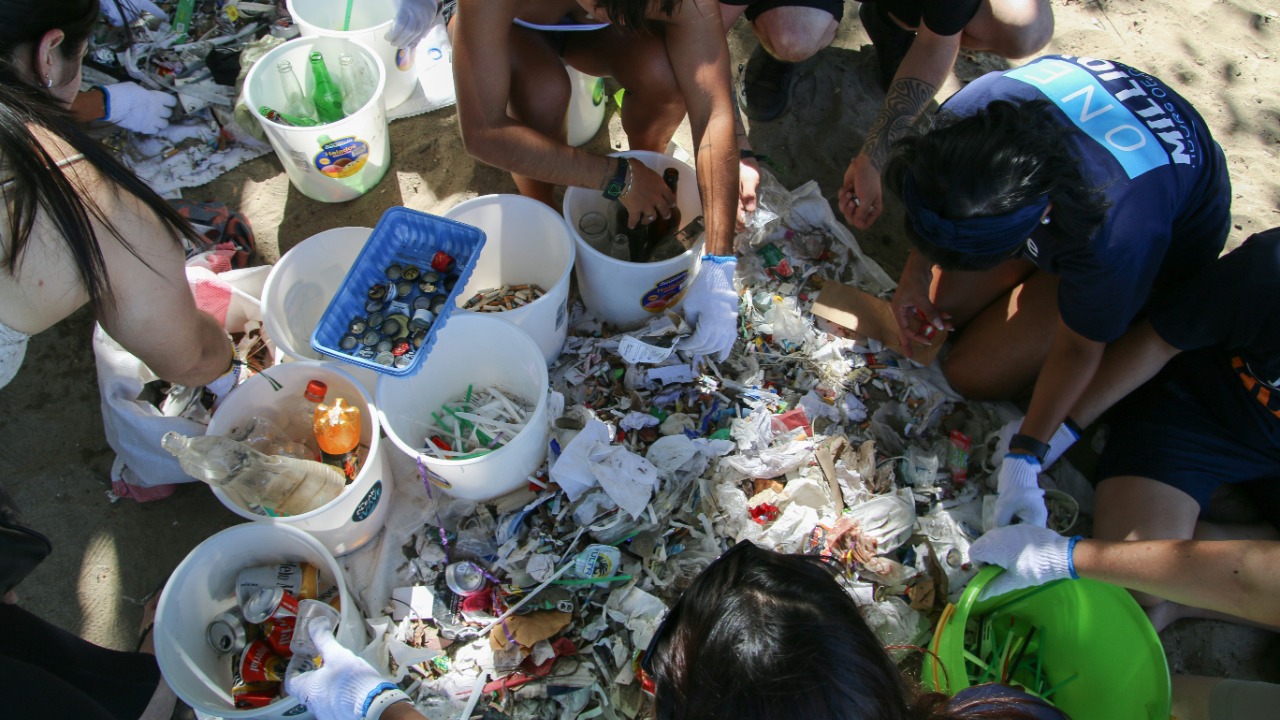
Research into plastic-consuming bacteria is a global effort, with significant developments being made in various parts of the world. For example, scientists in Africa have discovered a newly discovered insect that can eat plastic, potentially offering another biological solution to plastic waste disposal.
Meanwhile, in Israel, researchers have found that ‘plastivore’ caterpillars can devour a plastic bag in just 24 hours. These discoveries highlight the potential for these organisms in addressing the global plastic pollution crisis. As research continues, we can expect to see further exciting developments in this field, bringing us closer to a future where plastic waste can be effectively managed and reduced.